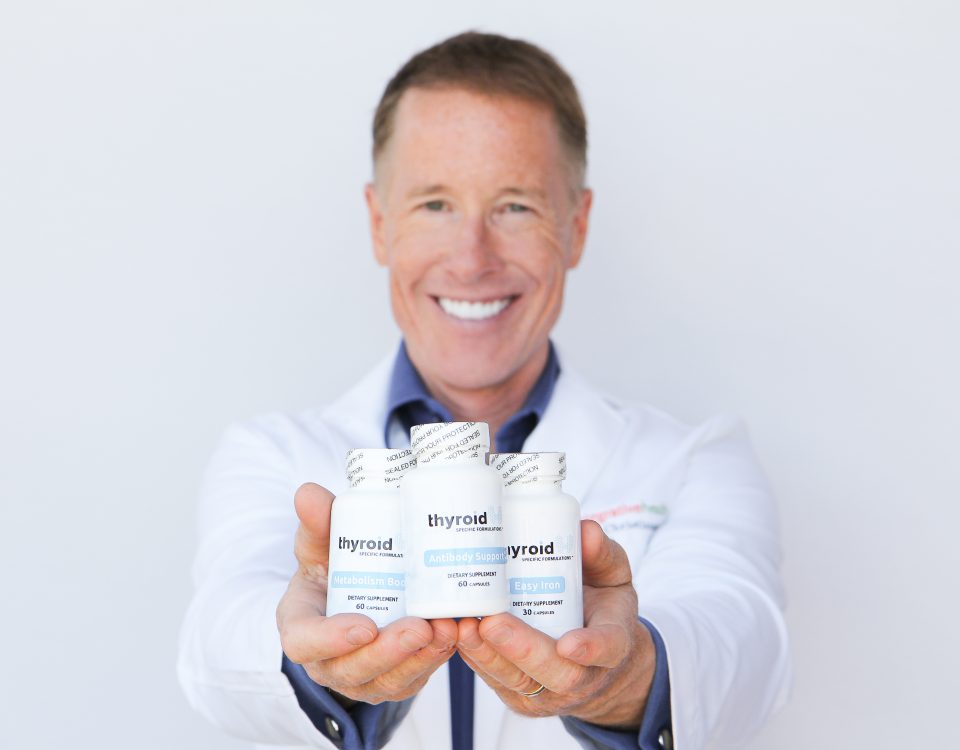Are you concerned that you might be doing unintentional damage to your thyroid? A diet that is high in fats, and low in carbs, could have disastrous implications for your health. Today, I want to go through the ways in which a high fat, low carb diet might actually be harming your thyroid. Let’s put together a Hashimoto’s disease diet plan that works with your health in mind.It’s funny how times change. In the 80’s and 90’s, I actually argued against high-carb low-fat diets. Now, we’re dealing with the opposite. This has me wondering if, in another decade or so, I might find myself reusing the same articles that were going against low-fat diet plans.
This idea of history is important to consider. Many have claimed that the low-fat diet “craze” of the 80’s inadvertently led to today’s obesity epidemic. This simply is not what happened. Even though low-fat diets were advocated across the board, the general population did not truly adhere to them.1 The diets themselves were simply not popular enough to lead to the problems we’re facing today.














